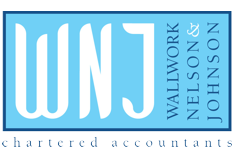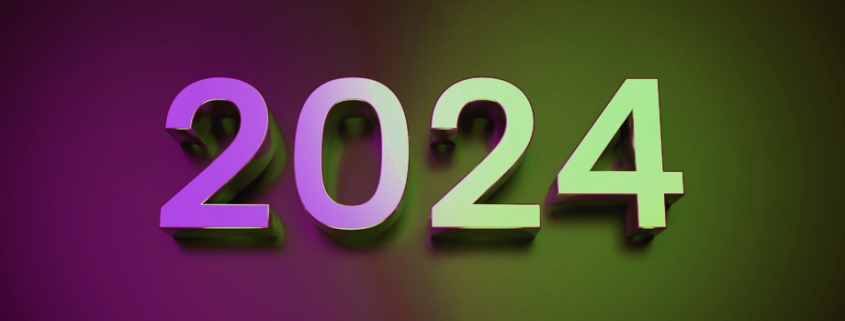The year ahead – be aware of tax changes
As we start 2024 it is timely to look at some upcoming tax changes and what they may mean to you.
National Insurance
Class 2 National Insurance contributions will be abolished from April 2024.
And at the same time, the main Class 4 National Insurance contribution rate is being reduced from nine to eight per cent for the 2024-25 tax year.
Class 4 NICs will continue to be calculated at two per cent on profits over £50,270.
Class 2 NICs currently provide self-employed people with access to a range of state benefits, including the state pension.
From April 2024, if you are self-employed with annual profits above £12,570 you will continue to receive access to the benefits.
Those with profits between £6,725 and £12,570 will continue to receive access to the benefits, via a National Insurance credit.
And if your profit is under £6,752 or you are making a loss, you will be able to continue to pay Class 2 NICs on a voluntary basis in order to maintain access to state benefits.
Small business profit reporting
From the 2024-25 tax year, ‘basis period reform’ will require businesses to report their profit or loss that arises within a tax year – regardless of their accounting date.
The move means that businesses with accounting dates that don’t align with the end of the tax year will no longer have overlapping basis periods.
Under the current system, tax returns filed by the self-employed, sole traders and partnerships are based on a business’s set of accounts ending in the tax year (April 5).
More complex rules apply when a business starts and draws up its accounts to a date different to the end of the tax year. HMRC says those rules can be confusing, particularly for new businesses, leading to thousands of errors and mistakes in tax returns – and that is why the system is changing.
The Treasury says this will lead to ‘fairer outcomes’ between identical businesses that have different accounting dates.
As businesses transition to this new reporting process for the tax year 2023-24, some could face higher than expected bills, as a result of having more than 12 months’ profits taken into account.
Overlap relief should be included in 2023-24 tax returns if the changes mean there are overlapping basis periods.
If you are self-employed will be able to spread any extra tax due on January 31, 2025 across the next five tax years.
Online selling
It has been described as a ‘side hustle tax’ – targeting people who sell second-hand goods online, let out their spare rooms or deliver takeaways.
From January 1 2024, digital platforms have been required to collect and report seller information and income to HMRC. These platforms must report sellers’ income by January 2025.
The move applies to marketplaces such as eBay, Airbnb and Etsy. And it is targeted at those who earn more than £1,000 a year through online transactions.
Once a seller exceeds this threshold, they must register as self-employed and file a tax return at the end of the year.
Platforms that fail to comply with the new reporting rules, which include bank account details and the number of transactions made by each user, face large fines and other possible penalties.
The changes are a result of an internationally agreed set of rules requiring digital platforms to report certain information to HMRC.
Earnings of less than £1,000 in one tax year are not considered taxable income. So, you won’t need to register as self-employed or declare this income to the taxman.
• To discuss any issues raised by this article please get in touch on 01772 430000




